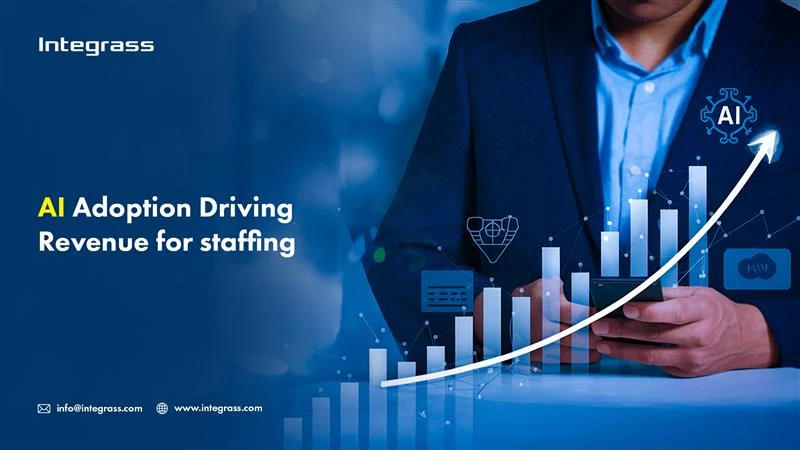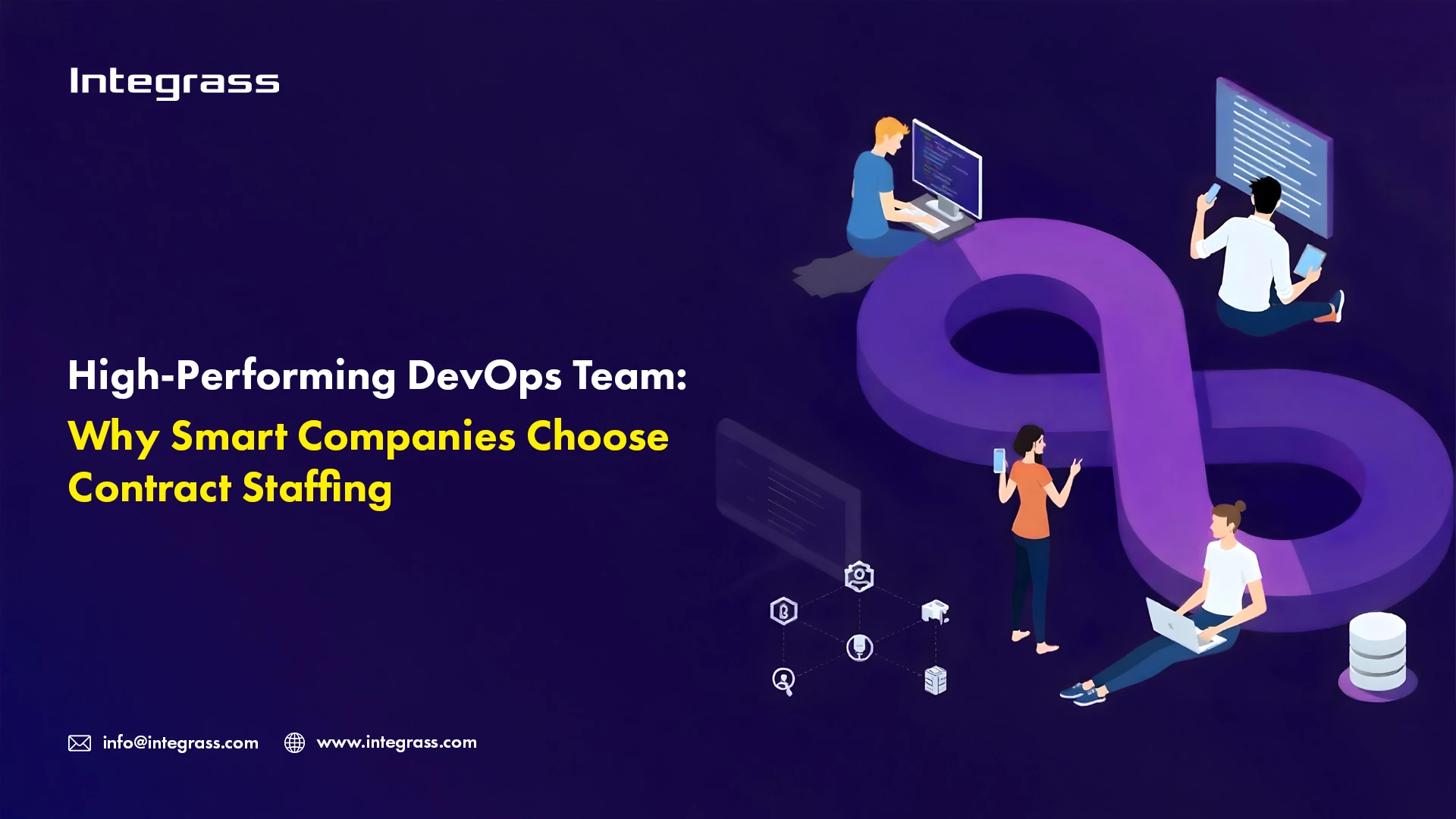AI’s Role in Staffing Revenue Growth: The staffing industry is evolving fast, and artificial intelligence (AI) is at the center of it all. Firms leveraging AI see higher efficiency, better candidate matches, and stronger bottom lines. The GRID 2025 Industry Trends Report highlights that AI-driven automation is a revenue accelerator. Companies embracing AI outperform competitors still clinging to manual processes.
AI streamlines recruitment, slashes hiring time, and enhances workforce planning. It spots top talent faster, matches candidates more accurately, and improves retention. With the staffing sector becoming more competitive, AI’s impact is hard to ignore.
What the GRID 2025 Report Says About AI in Staffing
According to the GRID 2025 report, firms integrating AI report significant business benefits. Key findings include:
- Higher Placement Success:
AI-driven tools help recruiters match candidates to job openings with pinpoint accuracy. - Increased Productivity:
Automation eliminates repetitive tasks, freeing up recruiters for strategic work. - Better Candidate Experience:
AI-powered chatbots and predictive analytics personalize the hiring process, boosting engagement. - Revenue Growth:
Companies using AI in staffing see increased profitability due to better client satisfaction and faster placements.
Firms that fail to adopt AI risk falling behind. Manual screening and outdated processes waste time and resources, while AI-powered recruitment moves at lightning speed.
AI isn’t just about chatbots and automation. It’s transforming how staffing firms operate at every level.
- Resume Screening: AI quickly filters resumes, shortlisting the best-fit candidates.
- Predictive Hiring: Machine learning analyzes hiring patterns to recommend top candidates before job openings even arise.
- Chatbots for Candidate Engagement: AI-driven chatbots provide instant communication, answering queries and scheduling interviews without recruiter involvement.
- Diversity & Inclusion: AI minimizes unconscious bias, helping companies build diverse teams.
- Retention Analytics: AI predicts which employees might leave and suggests proactive retention strategies.
These tools don’t just speed up hiring—they improve decision-making and workforce quality. AI gives staffing firms a competitive edge in a fast-moving industry.
Integrass: Leading AI Adoption in Staffing
Integrass understands the power of AI and is actively integrating it into recruitment strategies. By using AI-driven insights, Integrass delivers top-tier IT talent with precision and speed.
What Sets Integrass Apart?
- AI-Powered Talent Sourcing: Integrass uses advanced algorithms to identify the best candidates faster.
- Enhanced Client-Candidate Matching: AI tools analyze job descriptions, skills, and cultural fit to ensure the right match.
- Data-Driven Hiring Decisions: AI-driven analytics provide valuable insights into hiring trends and workforce needs.
- Automation in Screening & Onboarding: Integrass leverages AI to streamline candidate screening and onboarding, reducing hiring time.
Integrass isn’t just keeping up with industry trends—it’s setting them. The firm’s commitment to AI-driven staffing solutions ensures clients get the right talent at the right time.
AI is no longer optional in staffing. Firms that embrace it see better efficiency, stronger revenue, and happier clients. The GRID 2025 Industry Trends Report confirms AI’s impact, and Integrass is leading the charge with innovative, AI-powered recruitment.



